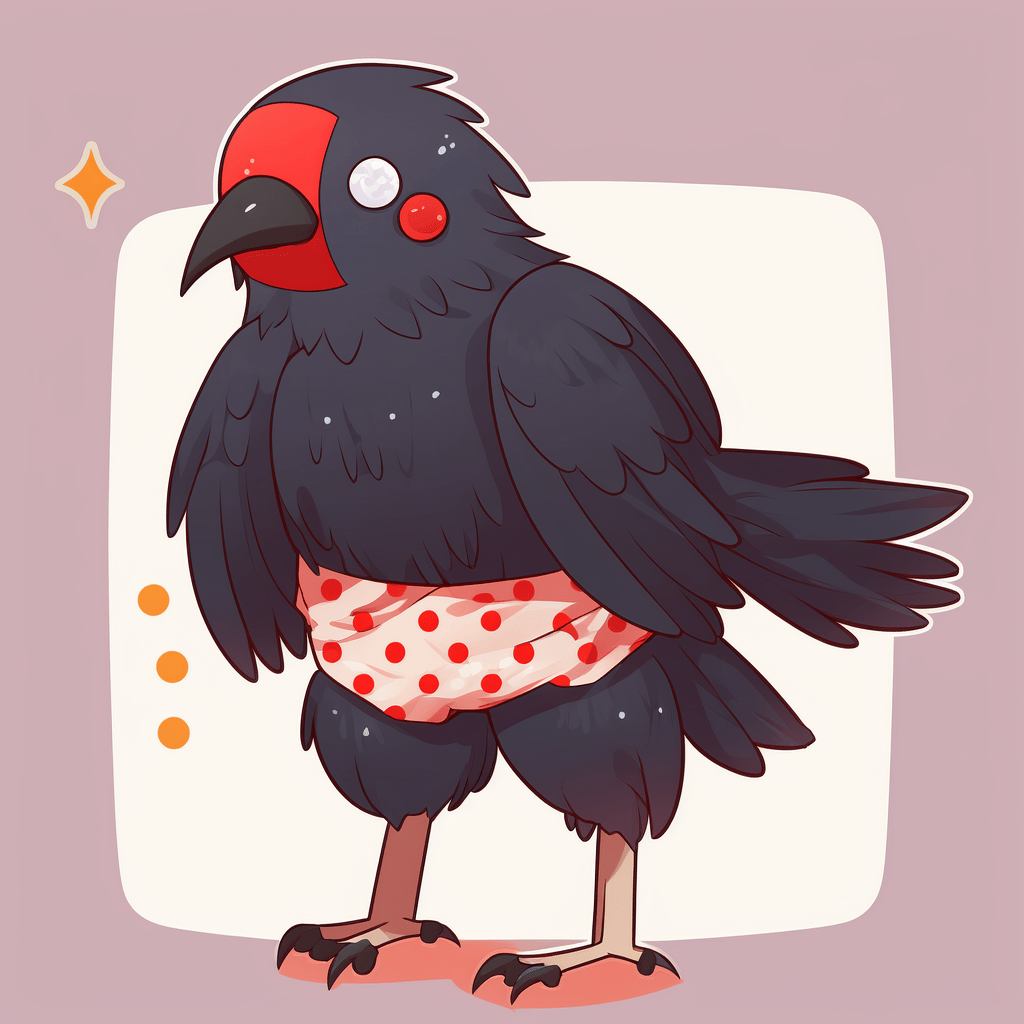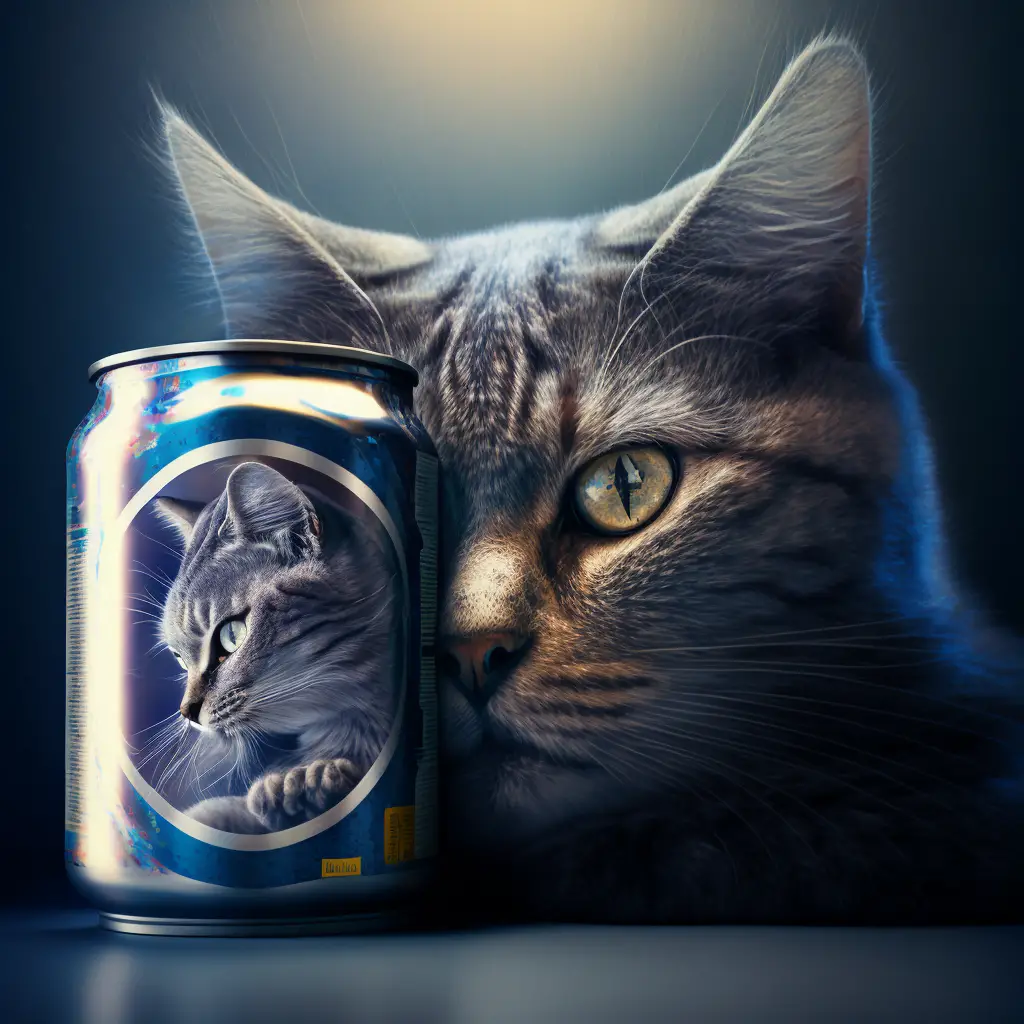
A spoonerism is a play on words in which the initial sounds of two words are swapped to create a new, often humorous phrase. Named after Reverend William Archibald Spooner (1844-1930), a British theologian, who was known for his unintentional habit of spoonerizing words. For example, “The blushing crow” instead of “The crushing blow”.
A Hilarious Twist on Words: Understanding Spoonerisms
Spoonerisms are a delightful way to add humor and wordplay to your writing. These funny mix-ups can create an entertaining and memorable experience for your readers. By exploring the world of spoonerisms, you can add a touch of wit and whimsy to your work.
Why Use Spoonerisms in Writing?
Spoonerisms serve several purposes in writing, including:
1. Adding Humor
The unexpected swapping of sounds can create a funny or absurd image in the reader’s mind, making spoonerisms an excellent choice for adding humor to your writing.
2. Engaging Readers
Spoonerisms require readers to think about the words and phrases they are reading, making your writing more engaging and interactive.
3. Demonstrating Wordplay Skills
The use of spoonerisms can showcase your linguistic prowess and creativity, impressing readers and setting your work apart from others.
How to Create Spoonerisms
Creating spoonerisms can be a fun and amusing process. Here are some tips for crafting your own spoonerisms:
- Identify two words or phrases: Look for two words or phrases that can be swapped to create a new and humorous meaning.
- Swap the initial sounds: Exchange the initial sounds of the words or phrases, taking care to maintain the original pronunciation.
- Test for humor: Ensure the new spoonerism is amusing and easily understood by your audience, providing the intended humorous effect.
Examples of Spoonerisms in Literature and Popular Culture
Spoonerisms have been featured in various forms of literature and popular culture, demonstrating their versatility and universal appeal. Some examples include:
- “You have hissed all my mystery lectures” instead of “You have missed all my history lectures.”
- “A well-boiled icicle” instead of “A well-oiled bicycle.”
- “It’s roaring with pain” instead of “It’s pouring with rain.”
Spoonerism Examples to Inspire Your Writing
To help you better understand spoonerisms and how they can be used in writing, here are some additional examples:
- “You have very mad banners” instead of “You have very bad manners.”
- “Three cheers for our queer old dean!” instead of “Three cheers for our dear old queen!”
- “The weight of rages will press hard upon the employer” instead of “The weight of wages will press hard upon the employee.”
Conclusion: Embrace the Fun of Spoonerisms
Incorporating spoonerisms into your writing can add humor, engage readers, and showcase your wordplay skills. Crafting spoonerisms can be an enjoyable and creative exercise, allowing you to explore the possibilities of language and delight your readers with unexpected sound swaps.
Don’t be afraid to experiment with spoonerisms and discover their potential for enlivening your writing. With a keen sense of language and a willingness to play with words, you can create spoonerisms that will captivate your readers and add a unique touch to your work. Happy spoonerism-making!
If you’re thirsty for more writing knowledge, head over here to learn all 74 literary devices.




